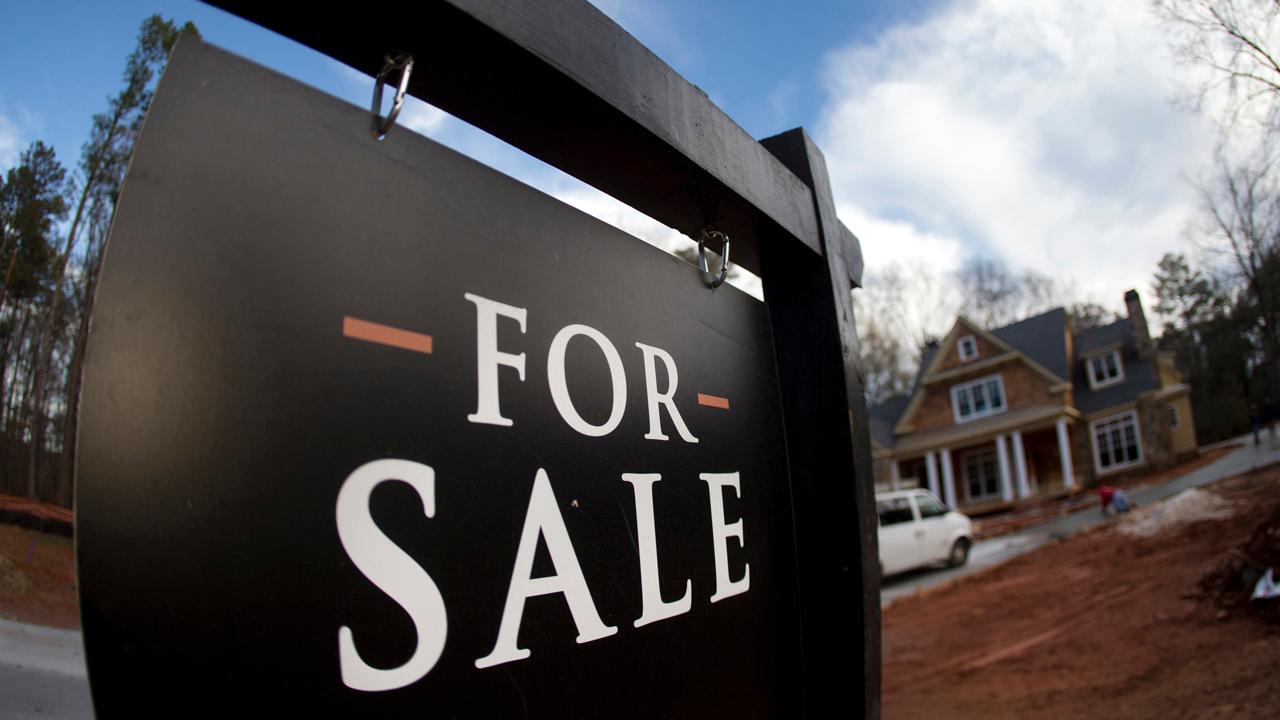Here's why Americans are optimistic about the housing market
Americans are growing bullish on the housing market, with more people saying now is a good time to both buy and sell.
Fannie Mae released its 2019 Home Purchase Sentiment Index for March on Monday, which measures current and future attitudes about the market. It showed a 5.5 point increase to 89.9 – the highest level since June.
“The results further corroborate the positive effect of falling mortgage rates on affordability, which we expect will help support a rebound in home sales,” Doug Duncan, senior vice president and chief economist at Fannie Mae, said in a statement.
The share of Americans saying it is a good time to buy a home increased to 22 percent, a 7 percentage point increase. That rate, however, is still down 10 points when compared with the same period last year.
The percent of people who said it is a good time to sell a home rose to 43 percent, up 4 percentage points year over year.
As previously reported by FOX Business, experts have said the first week in April is the best week for sellers to list a home.
Driving positivity was a prevailing view that interest rates would continue to decline. Mortgage rates are hovering near their lowest levels in about a decade, which has led to a surge in refinance activity and mortgage application demand.
Americans were also optimistic about labor market conditions, after the U.S. economy added 196,000 nonfarm payroll positions in March. Fewer people were concerned about losing their jobs when compared with the same period last year. There was also a 2 percentage point increase in the number of people who said their household income is significantly higher than it was 12 months ago.
CLICK HERE TO GET THE FOX BUSINESS APP
However, affordability could remain a challenge. The median home price recently crossed $300,000 for the first time. Thirty-eight percent of people said they thought home prices would go up – however that is fewer people when compared with last year.
Experts have told FOX Business that constrained inventory is likely to push prices higher for lower priced homes, while prices among luxury homes – where there is more supply – are likely to remain flat.




















